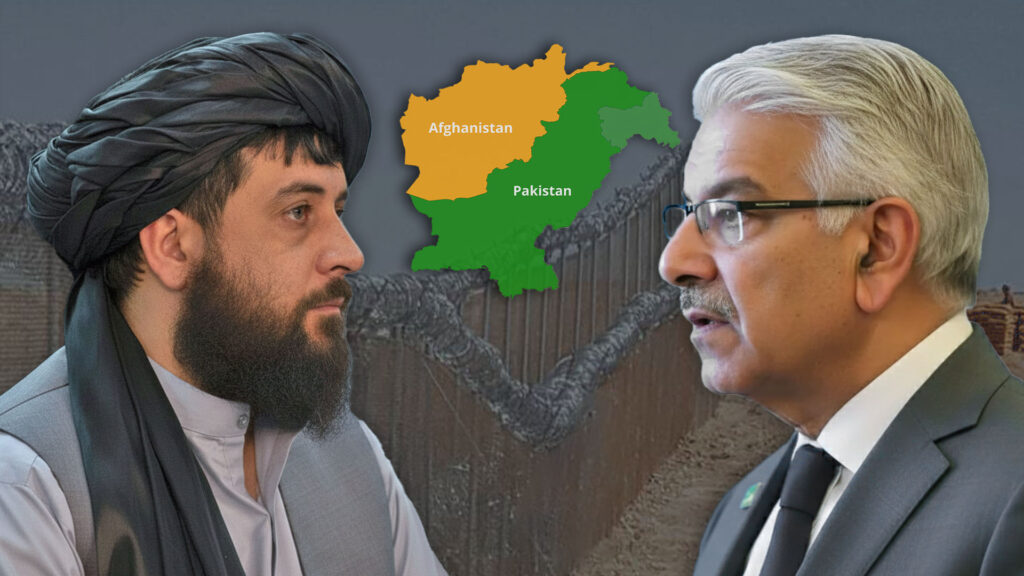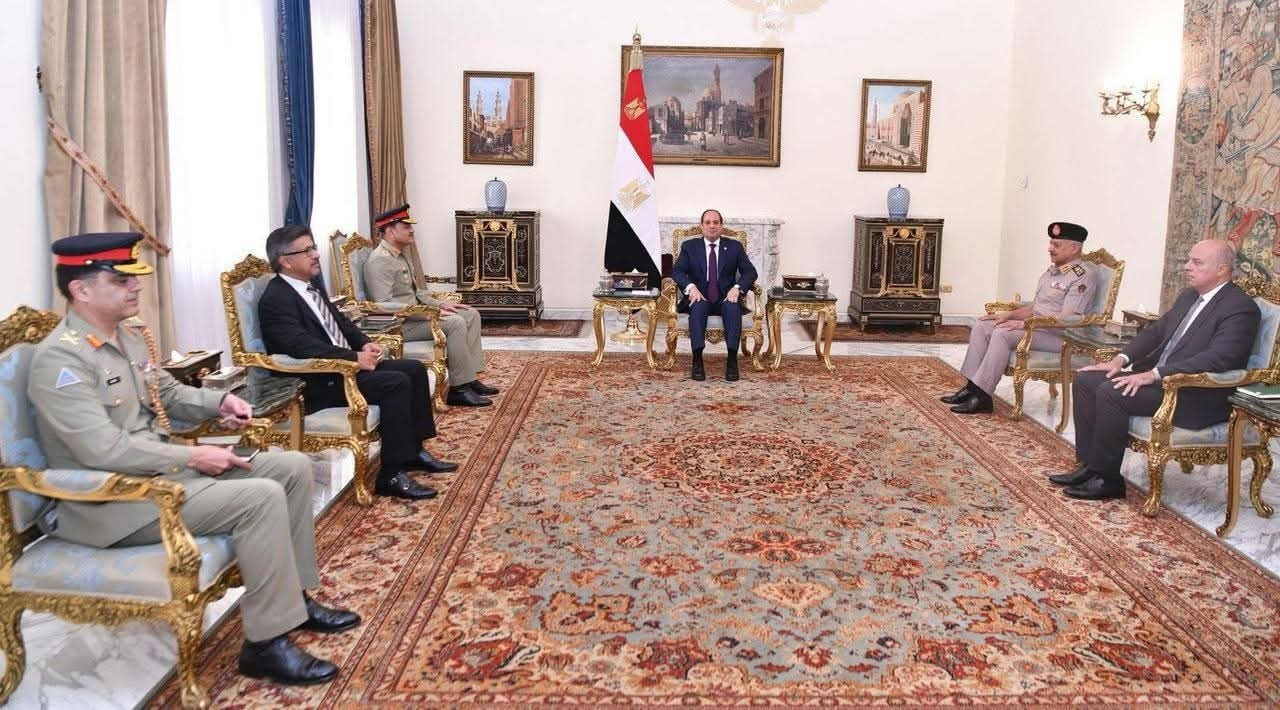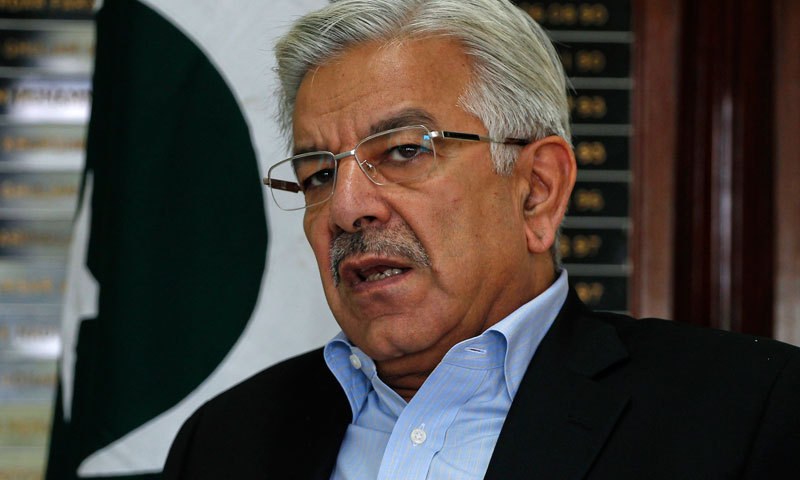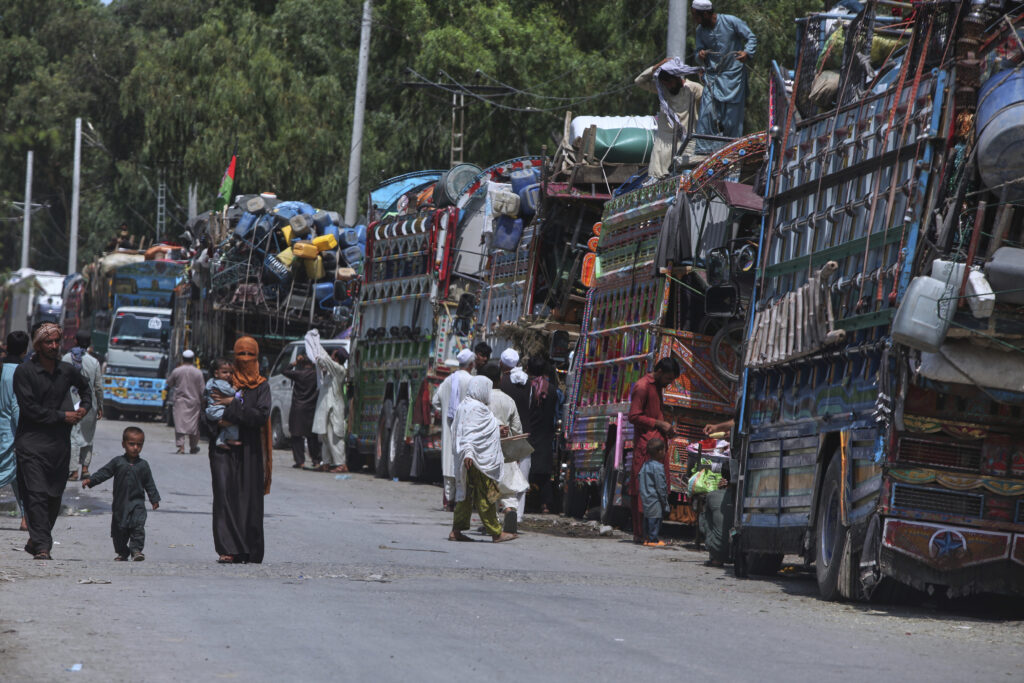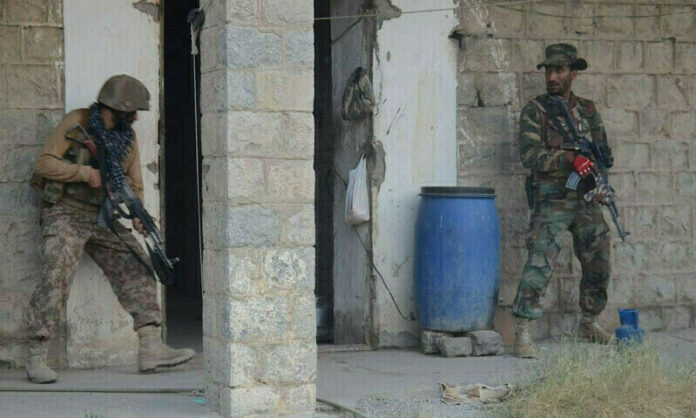Pakistan has expressed hope that the upcoming talks with Afghanistan, starting Sunday in Istanbul, Turkey, will result in a concrete and verifiable mechanism to monitor the Taliban’s actions against cross-border terrorist attacks.
In his first weekly briefing, the new Foreign Office spokesperson Tahir Hussain Andrabi said Pakistan expects the Istanbul meeting to establish a credible system to counter the threat of terrorism originating from Afghan soil and to prevent the loss of Pakistani lives.
The Istanbul meeting is a follow-up to the successful first round of talks held in Doha, Qatar, on October 18–19, 2025, mediated jointly by Qatar and Turkey. Those talks focused on developing a permanent ceasefire and creating a mechanism for lasting peace.
Andrabi described the ceasefire agreement reached in Doha as “the first step toward regional peace and stability.” According to the Foreign Office, the truce has largely held since October, with no major terrorist incidents reported so far.
The spokesperson said Pakistan is participating in the Istanbul talks with the same sincerity and goodwill it showed in Doha. Kabul has also confirmed its participation, with the Afghan delegation led by Deputy Interior Minister Mawlawi Rahmatullah Najib.
The main goal of the Istanbul meeting is to turn the political progress made in Doha into practical measures. The discussions will include defining what constitutes cross-border terrorism, setting up a verification process for violations, and creating a mechanism for dispute resolution.
Turkish officials indicated that a technical committee will review details of the ceasefire, including issues related to terrorism, refugee repatriation, and border security. Pakistan considers Turkey a trusted mediator capable of designing a reliable mechanism acceptable to both sides.
During the talks, Pakistan is expected to seek firm and verifiable commitments from Afghanistan to eliminate the threat posed by the banned Tehrik-e-Taliban Pakistan (TTP) from its territory. The key proposals and demands on Pakistan’s agenda include:
- TTP Hideouts: Dismantling known TTP sanctuaries and arresting or expelling key members.
- Practical Measures: Setting clear timelines and benchmarks for raids, arrests, and destruction of safe havens.
- Coordination Mechanism: Establishing real-time intelligence sharing and monitoring of militant movements across the border.
- Third-Party Oversight: Supporting a monitoring framework co-chaired by Turkey and Qatar to verify progress and ensure compliance.
- Other Priorities: Preventing safe havens for hostile groups, strengthening border control, ensuring financial transparency to curb militant funding, and holding regular review meetings.
In response to a question, Andrabi confirmed that transit trade with Afghanistan remains suspended. He said the trade will stay closed until a full security assessment is completed, emphasizing that preventing terrorist attacks remains Pakistan’s top priority and was the core focus of the Doha talks.

